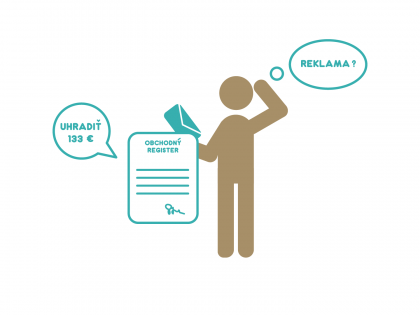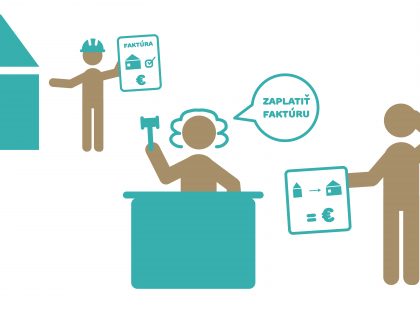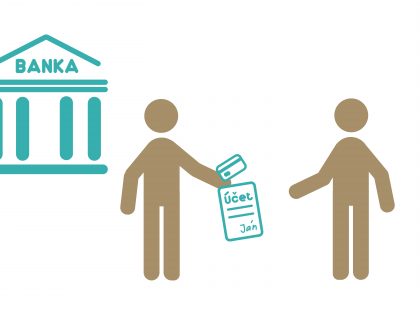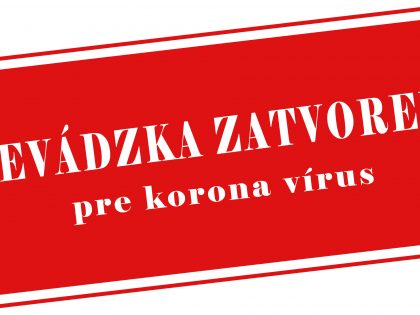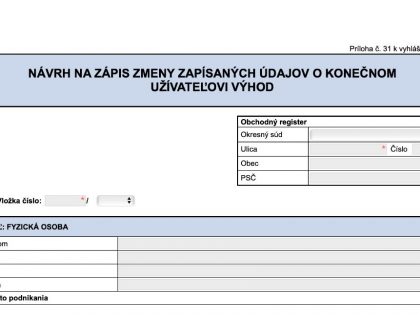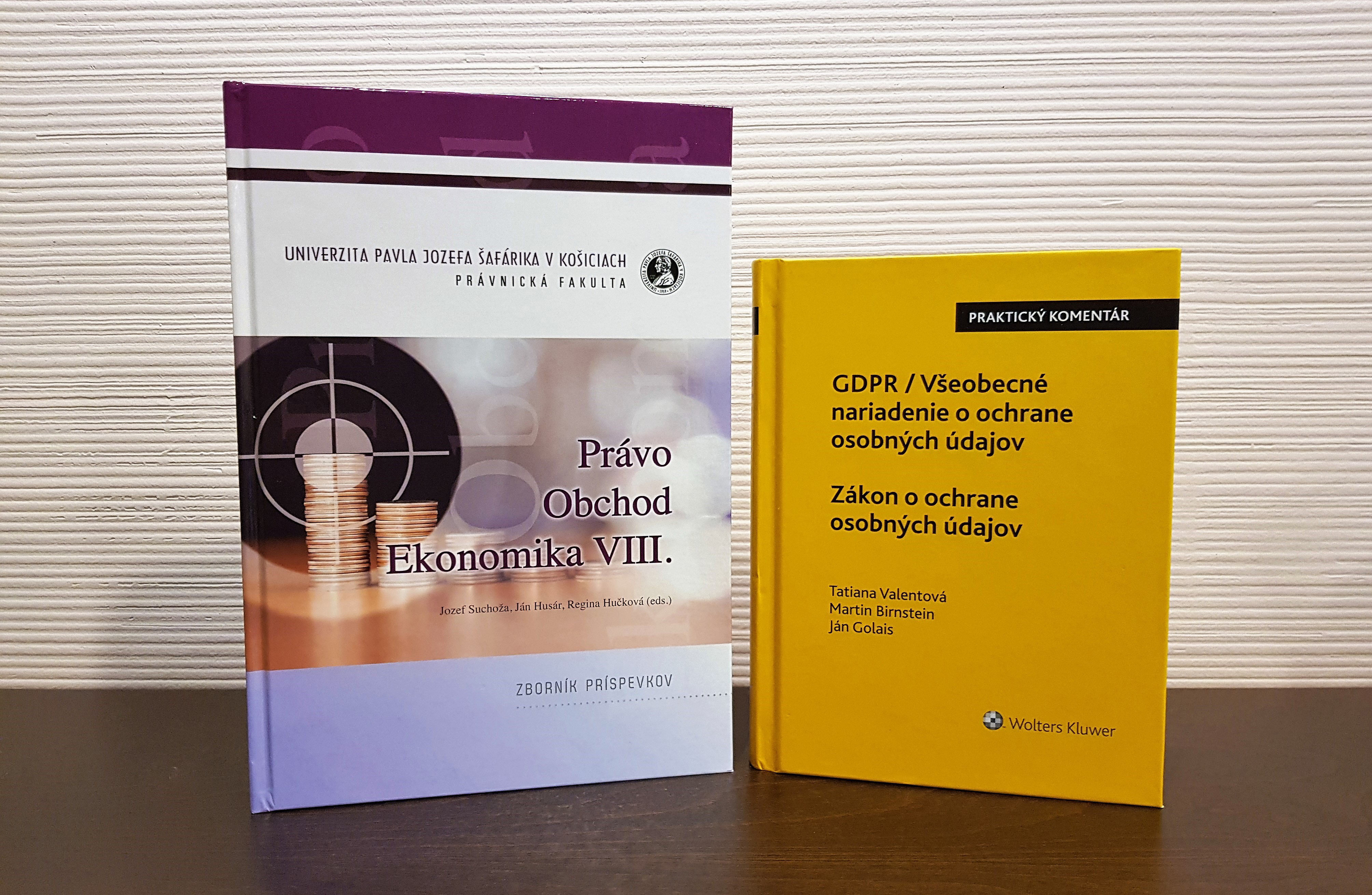How to properly deliver a foreign judicial document to an addressee residing in Slovakia
Our embassy represents one of the EU member states in Slovakia and has been asked by our domestic court to deliver that court’s decision in a family matter to a Slovak citizen now living in Slovakia. Our court sent us a form named Request for Service Abroad of Judicial or Extrajudicial Document together with an official Slovak translation of the court’s decision which should be delivered to the Slovak citizen. The court’s request for service refers to the Hague Convention of 1965 and contains a Certificate which should be signed and stamped by the authority who delivered the request to the addressee and then sent back to the court. How should we proceed? Should we deliver the court’s decision to the Slovak citizen and then fill in the Certificate and send it back to our court? What should the delivery method be? Should we use a courier service?
First of all, it is interesting that despite the fact you are an EU member state, your domestic court chose to deliver the judicial document under the Hague Convention. Since the adoption of EU Regulation No. 1393/2007 on the service in the Member States of judicial and extrajudicial documents in civil or commercial matters, the EU member states proceed under this Regulation when they deliver documents in civil matters to each other instead of using the Hague Convention.
Nevertheless, the Hague Convention delivery method is still admissible even between EU member states who are parties to this convention. If your domestic court chose this method, you should follow it and first of all check how the court requires that the service of the document is to be executed. This should be marked on the Request for Service Abroad of Judicial or Extrajudicial Document which you received. In most cases, foreign courts request the delivery of judicial documents in accordance with the provision of sub-paragraph (a) of the first paragraph of Article 5 of the Hague Convention (this option is marked by X on the first page of the form). This means that the “central authority” of the Slovak Republic should serve the document itself, or it should arrange to have it served by an appropriate agency by a method prescribed by Slovak law for the service of documents in domestic actions.
In Slovakia, the central authority is the Department of Private International Law of the Ministry of Justice of the Slovak Republic; the appropriate agencies serving the documents are the Slovak courts. In our view, your domestic court should have sent the request to the Slovak Ministry of Justice instead of sending it to your embassy.
However, we believe that instead of returning the request back to your domestic court, you can now send the request together with the translation of the judicial document to the Department of Private International Law at the Slovak Ministry of Justice. You can also send it directly to the first instance court residing in the district where the Slovak citizen who should be served is living. The second option saves time, because the Ministry of Justice would only do the same thing and send the document to the relevant court in order to have it served to the addressee.
How do you determine which is the relevant court? It is not difficult. For example, if the address of the person to whom the document should be served is in Nitra, you should deliver the request to the Nitra District Court. The same applies if the address is in a village or a smaller town falling within the Nitra administrative district.
The Nitra District Court should know exactly how to proceed as clear instructions for district courts in this regard can be found on the web page of the Slovak Ministry of Justice. Service under Article 5(1)(a) of the Hague Convention of 15 November 1965 on the Service Abroad of Judicial and Extrajudicial Documents in Civil or Commercial Matters is done either by the court summoning the addressee and handing over the documents or by the postal service (a special form of delivery called „service into one’s own hands“ with the possibility of an alternative service by deposit under strict circumstances prescribed by law). The postal service is used only if a Slovak translation is attached to the documents or if it can be concluded that the addressee understands the language of the document. The Nitra District Court will also fill in the Certificate confirming the actual delivery and its method.
You should not try to deliver the document to the addressee by your own means (postal service or courier). Even if you successfully deliver the document to the addressee and send the Certificate confirmed by you back to your domestic court, it may not consider the document to have been delivered.
















